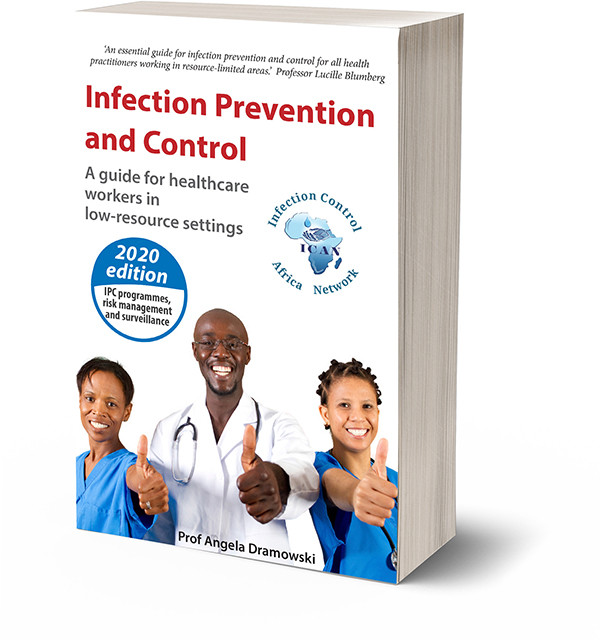Quiz 2: Identifying maternal mental illness
Please choose the one, most correct answer to each question or statement.
- Why is mental illness often overlooked?
- Mental illness is not important
- Care providers may feel uncomfortable having to address mental illness
- People with mental illness cannot talk about it
- Mental illness cannot be treated
- What is stigma?
- Stigma is caused by mental illness
- Stigma is the strong disapproval of a characteristic or belief
- Stigma is an emotional problem
- Stigma is a complication of mental distress
- Why are pregnant women often more isolated?
- Pregnant women want more space because they are growing bigger
- Pregnant women make new friends who are also pregnant
- Pregnant women are not more isolated as nothing changes for them
- Pregnant women’s social networks change because they are not working
- How can you identify mental distress?
- Mental distress cannot be identified
- People with mental distress are usually naked or talking to themselves
- People with mental distress often complain about aches and pains
- People with mental distress always tell you they are distressed
- The interaction between a mother and baby can give you clues about how a mother is feeling. A mother could be experiencing mental distress if:
- The mother describes the baby as ‘fussy’ or ‘difficult’
- The mother has lots of milk and is expressing some to bottle feed
- The mother and baby are communicating well
- The baby is sleeping through the night
- What is the ‘door handle’ sign?
- A keep-out sign on the door
- A problem that the woman shares when she is about to leave
- A do not disturb sign for counsellors
- A sign for doors with broken door handles so that you don’t get locked in by mistake
- Why is it important to diagnose mental illness early?
- Mental illness will get better on its own
- Mental illness is not treatable so one should know early
- Mental illness stays the same
- Mental illness may get worse
- How are women usually screened for common mental disorders?
- A blood test
- A questionnaire
- Health workers look at the behaviour and appearance of the women
- Blood pressure is monitored
- Before you start screening, it is important to:
- Make sure access to mental health care is in place
- Make sure the woman is physically well
- Make sure that she is at least 28 weeks pregnant
- Make sure that her husband has given permission
- In a busy clinic, if you are unable to screen everyone for mental distress, which group of women should you prioritise to screen:
- The best dressed
- Those who have the time
- Those who can read and write to fill in the questionnaire
- Adolescents
- What is confidentiality?
- Confidentiality is keeping information private
- Confidentiality is disclosing an HIV status
- Confidentiality is hiding information from a distressed woman
- Confidentiality is telling someone information that was told to you in secret
- A validated screening tool means that:
- The tool is valuable
- The screening tool is very sensitive
- The tool has been used in other countries
- The tool has been tested against a diagnostic ‘gold standard’ assessment
- The Edinburgh Postnatal Depression Scale (EPDS) is a questionnaire that assesses:
- Breastfeeding
- Bonding
- Mood
- Coping with motherhood
- When screening for depression and anxiety with the Edinburgh Postnatal Depression Scale (EPDS), the questions ask about how the patient felt:
- Today
- In the past 7 days
- In the past month
- Over the past year
- When scoring the Edinburgh Postnatal Depression Scale (EPDS) questionnaire, which of the following are TRUE
- The lower the total EPDS score, the more likely it is that the woman is suffering from anxiety or depression
- Each question has three right answers
- You automatically score 13 if you are feeling suicidal
- The higher the score per question, the more severe the symptom
- On the Edinburgh Postnatal Depression Scale (EPDS), if a patient has a total score of 13 or more
- She is probably fine
- She has the international standard score
- She is probably experiencing depression or anxiety
- She only has problems with sleep – but this is usual for pregnant women
- If a woman has answered that she has thought of suicide on the Edinburgh Postnatal Depression Scale (EPDS) questionnaire, you should:
- Tell her to think about her baby
- Contact a psychiatric nurse, sister in charge or doctor for emergency help
- Ask her about her problems and then send her home
- Give her advice on coping strategies
- The Risk Factor Assessment (RFA) is used to assess:
- How many risks women take during their pregnancy
- The likelihood that a woman will develop depression or anxiety during pregnancy
- Risk of mental illness for the baby
- Risk of a physical illness during pregnancy
- The following indicate risk on the Risk Factor Assessment (RFA):
- Family and friends help in practical ways
- I feel pleased about being pregnant
- I have a good relationship with my mother
- I have had some difficult things happen to me in the last year
- When making a referral, it is helpful to:
- Tell the mother that her score is endangering the health of her baby
- Tell the mother she must go to another organisation and get help
- Explain to the mother what services are on offer and how they may benefit her
- Explain to the mother that she has a mental problem and has to deal with it by getting counselling

